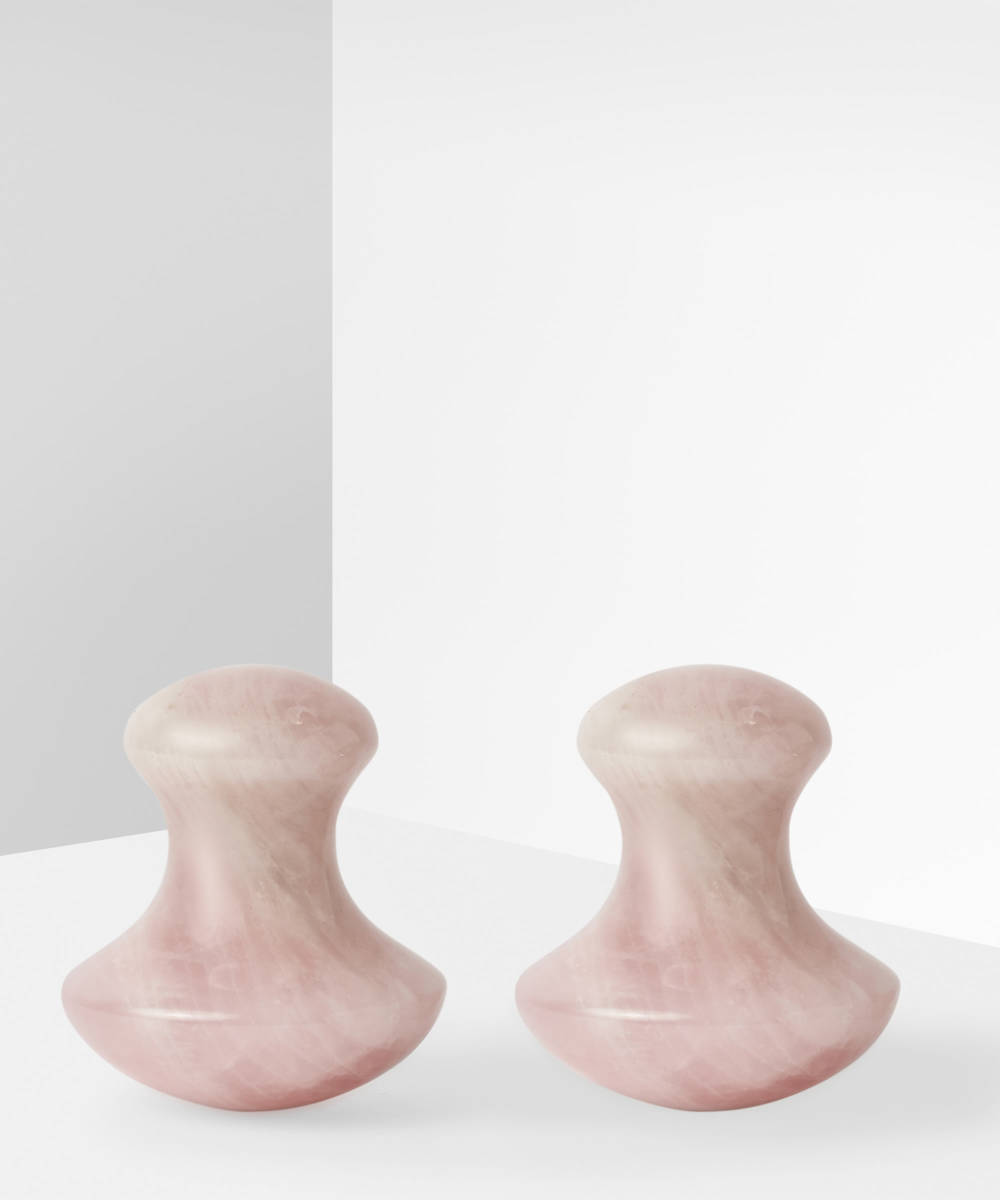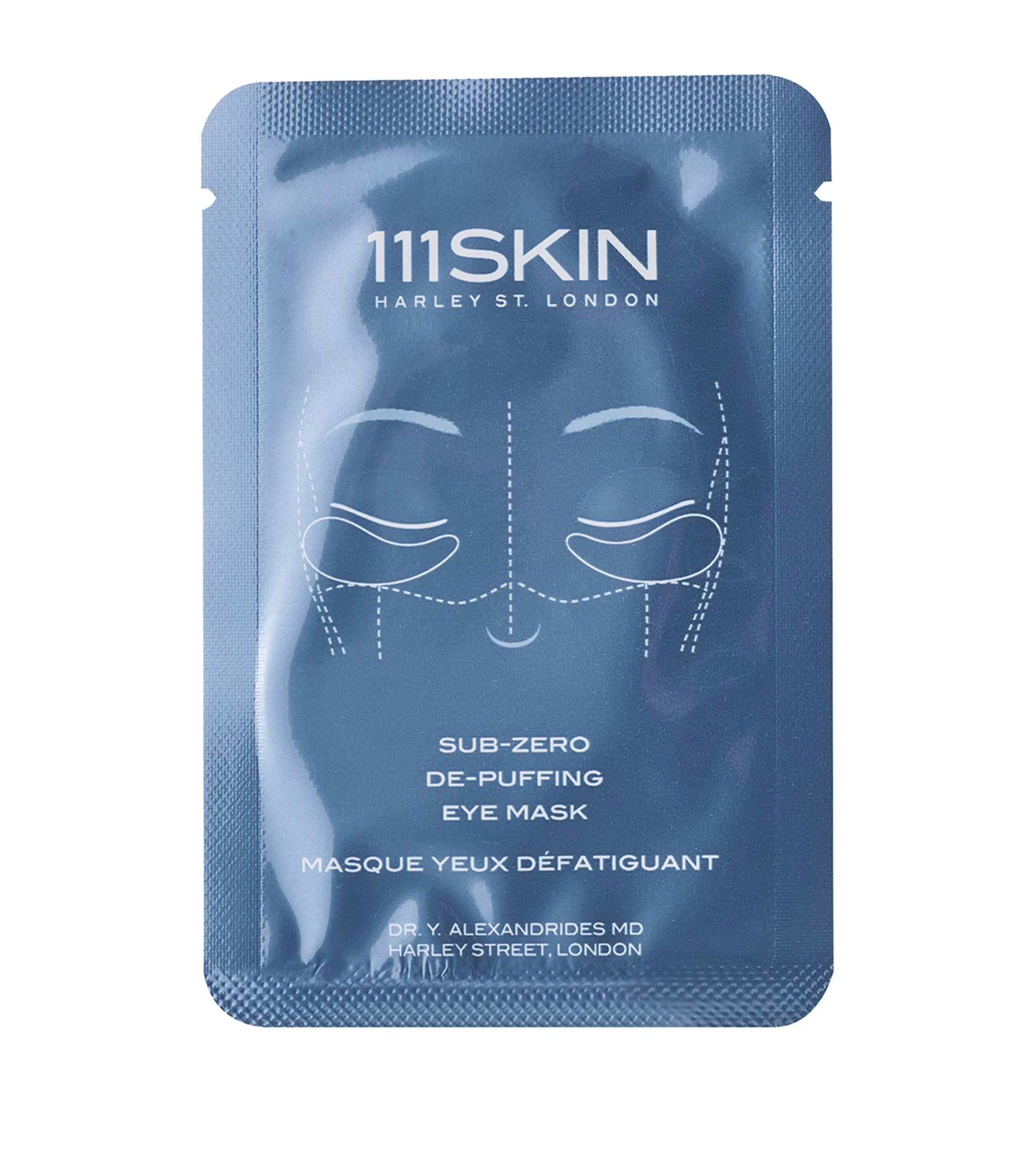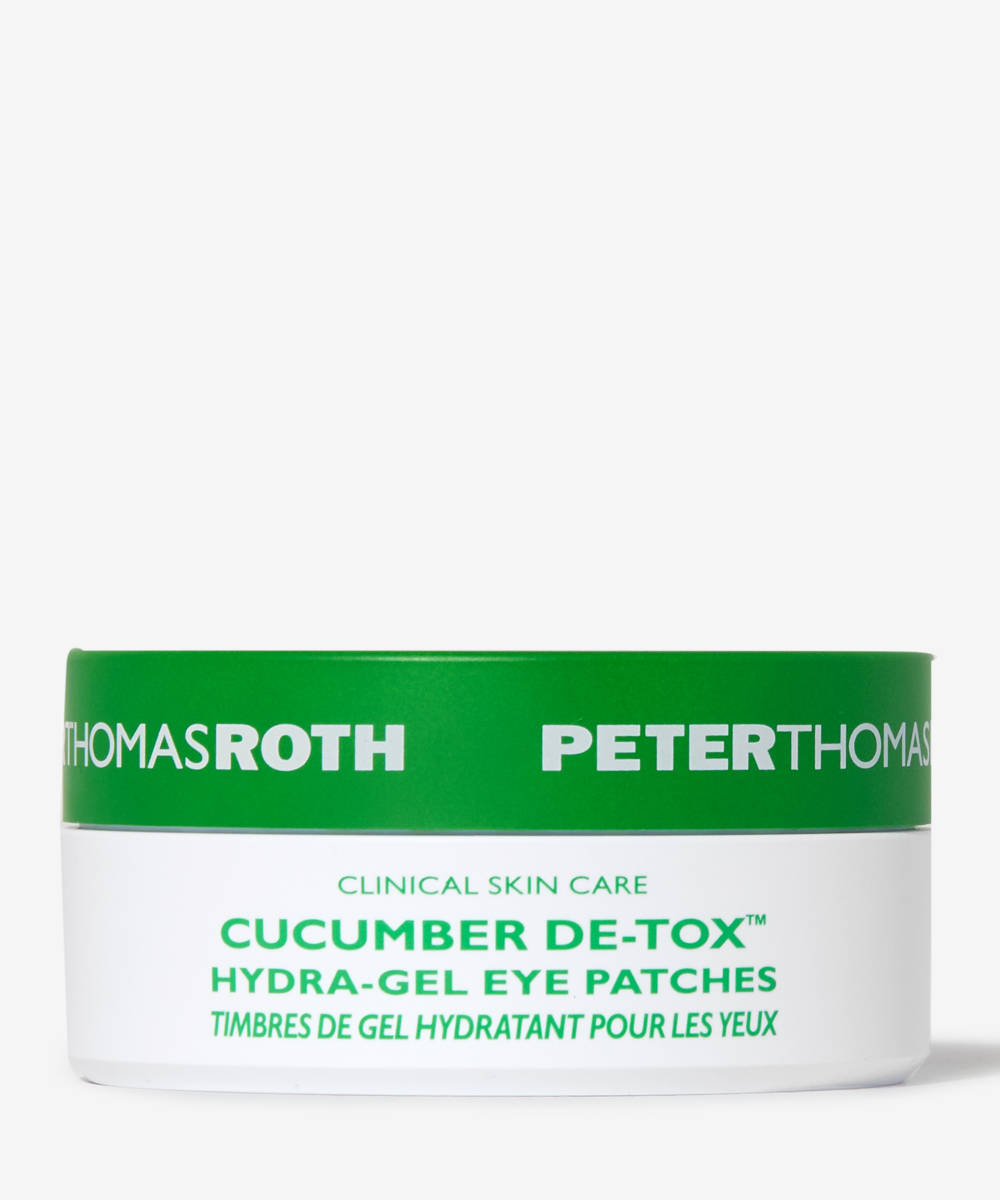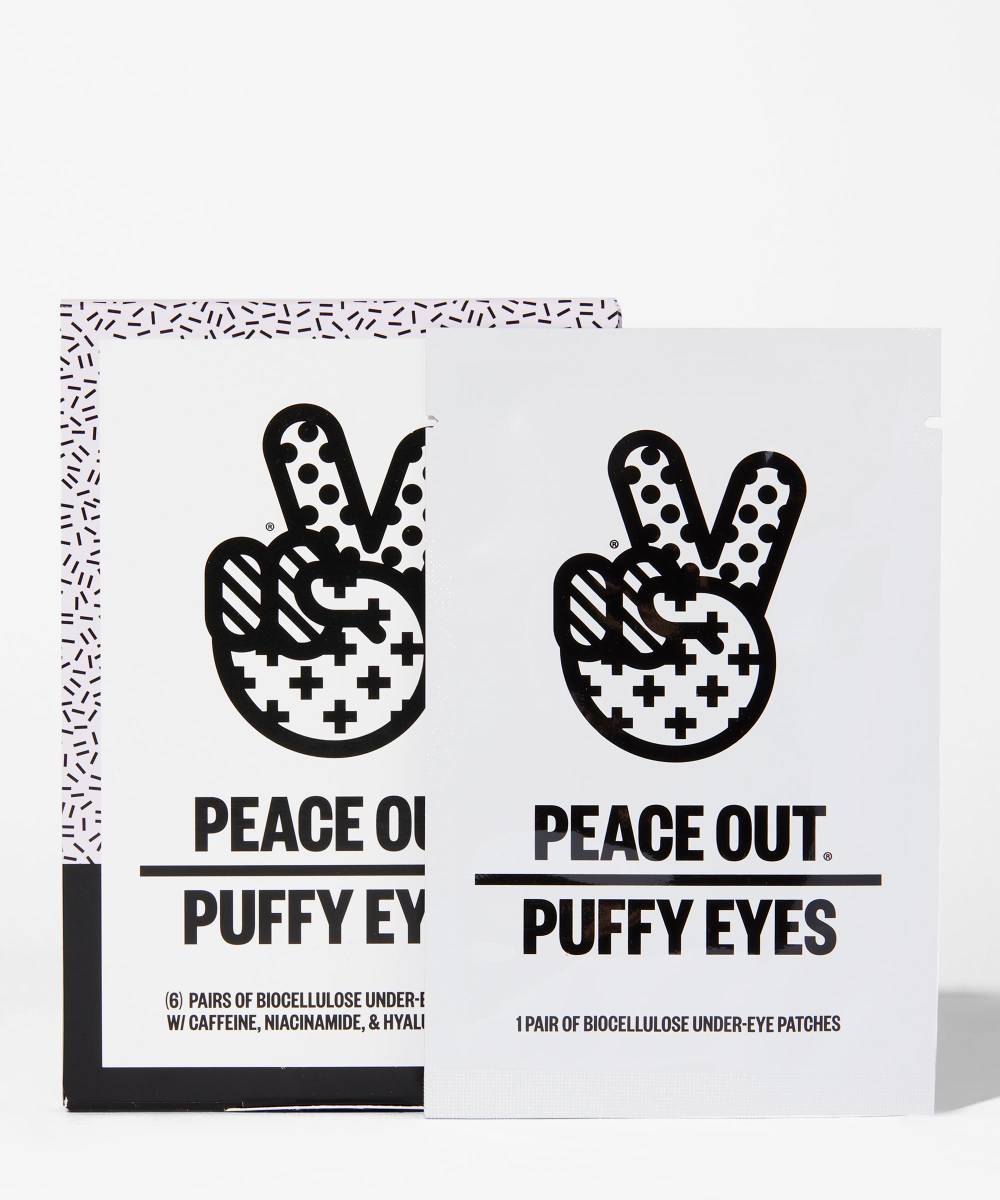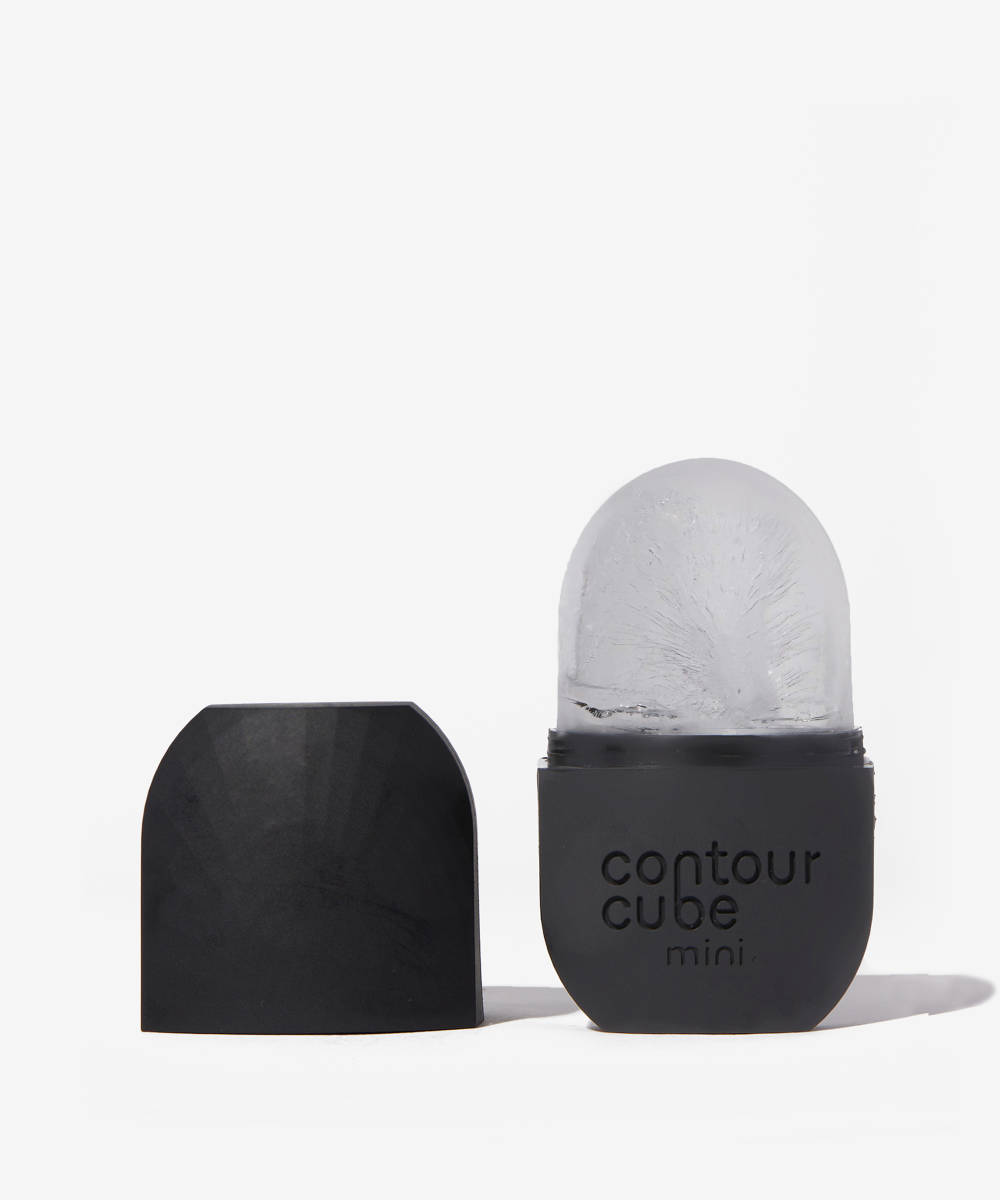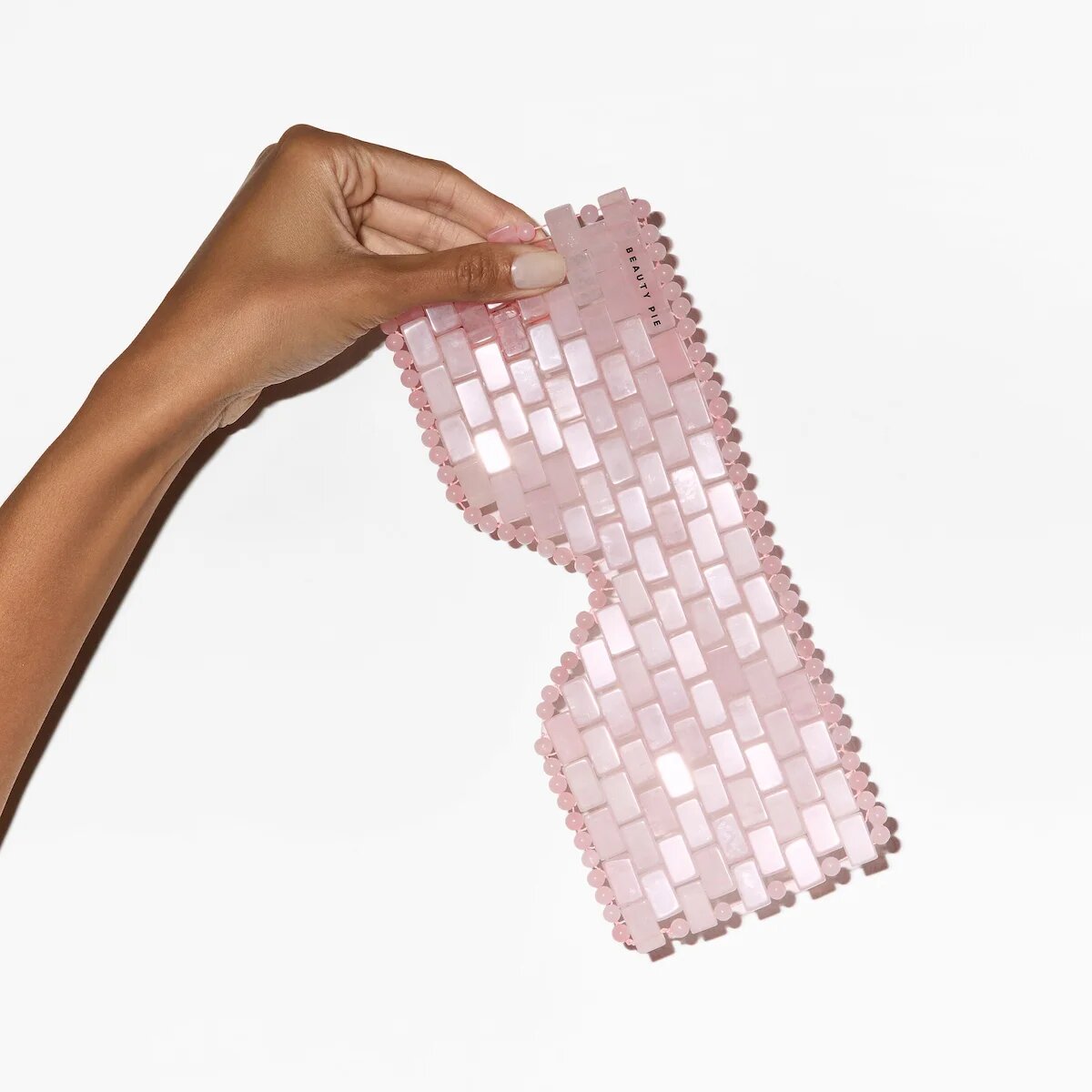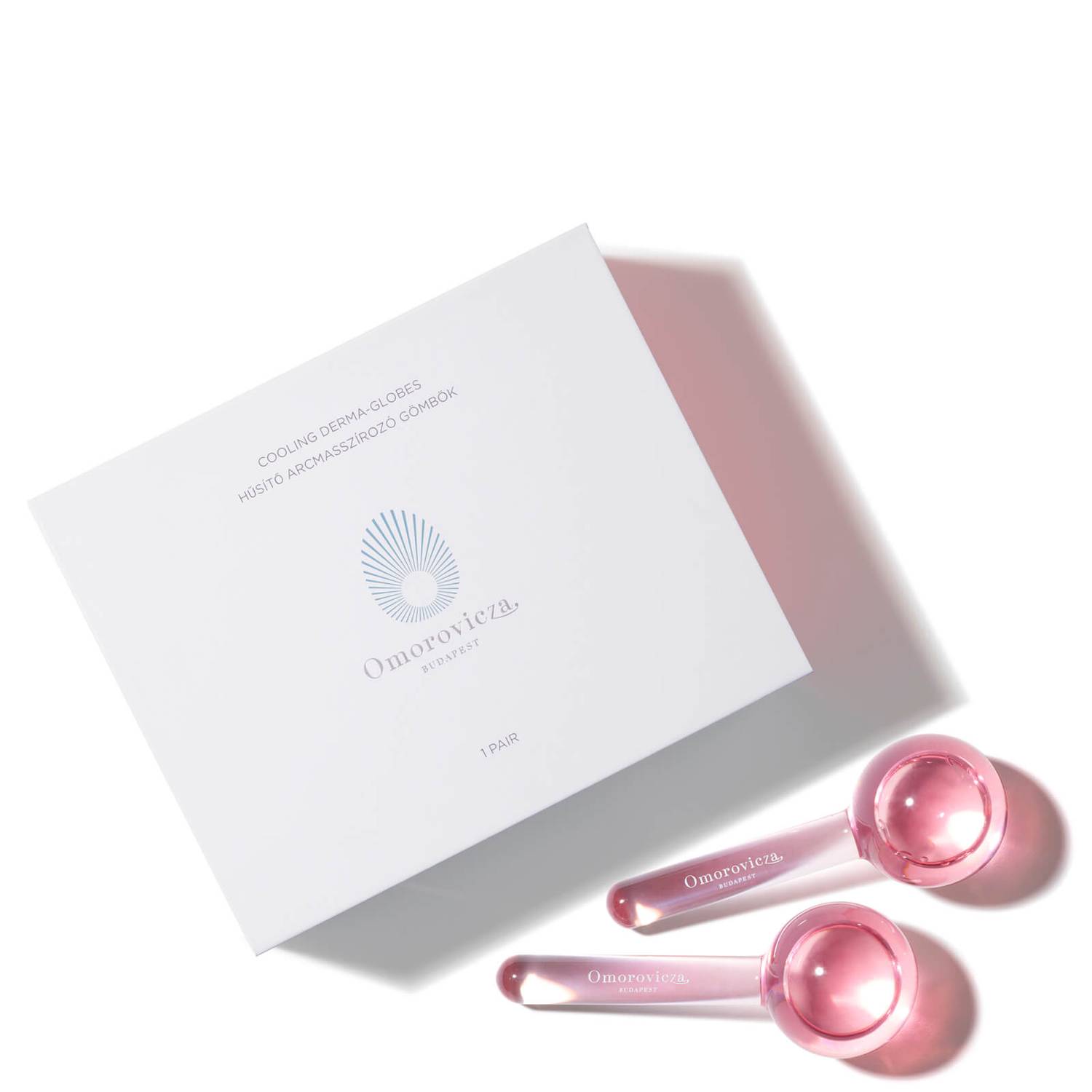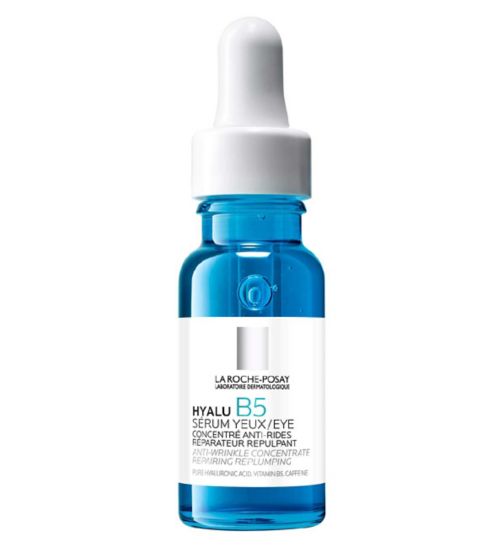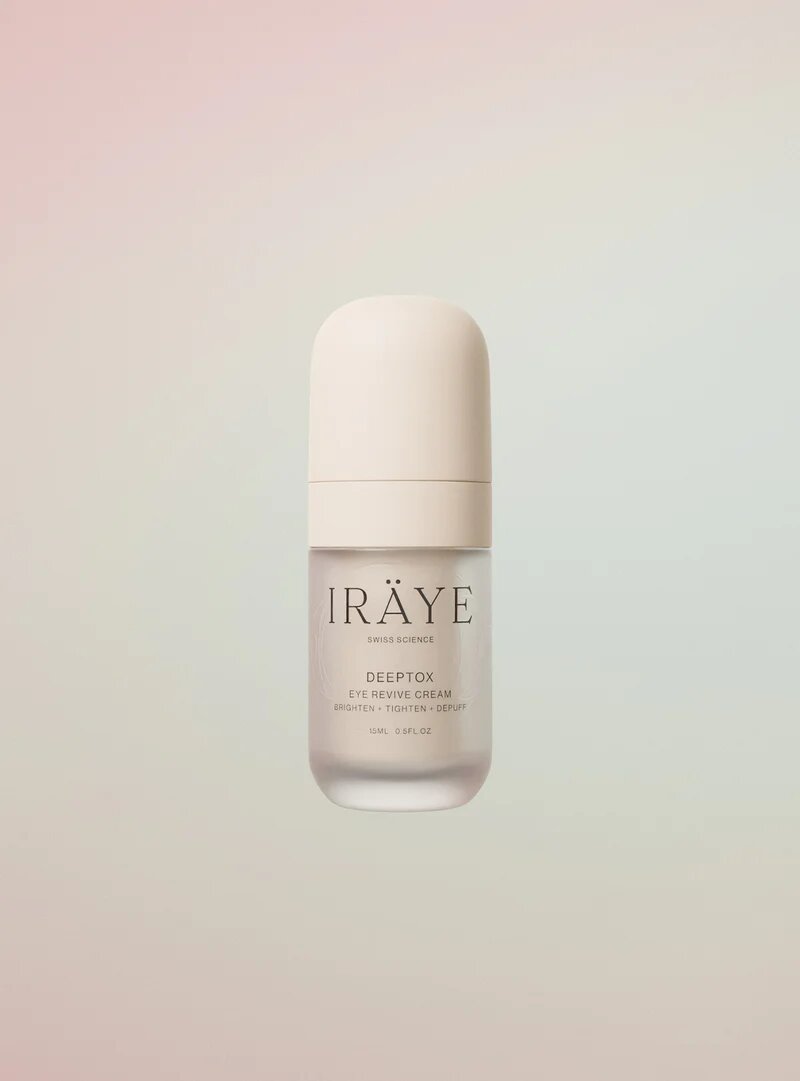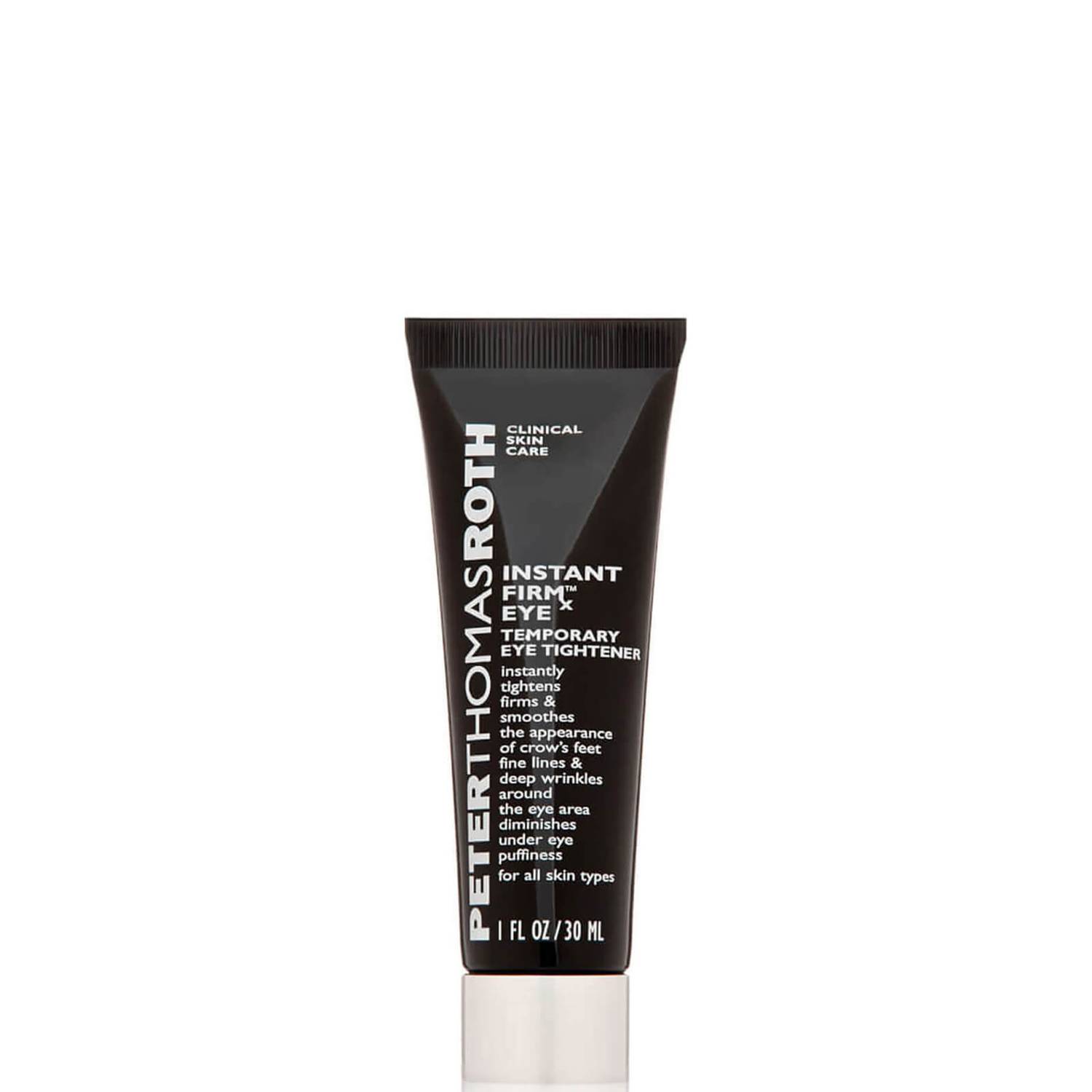Puffy eyes may not be the end of the world, but when you wake up looking (and feeling) like a puffer fish, it's annoying to say the least. The worst part is that unlike dark circles or breakouts, under-eye puffiness isn't something that can be solved with a quick slick of concealer or a brightening foundation. However, the good news is that if you incorporate the right techniques and ingredients, reducing puffiness is a relatively quick fix—most people will see results instantly.
As someone who wakes up to pretty hefty under-eye bags at least three times a week, I'm here to share my top tips and hacks to treating puffy eyes—plus the depuffing products I've used (that actually work).
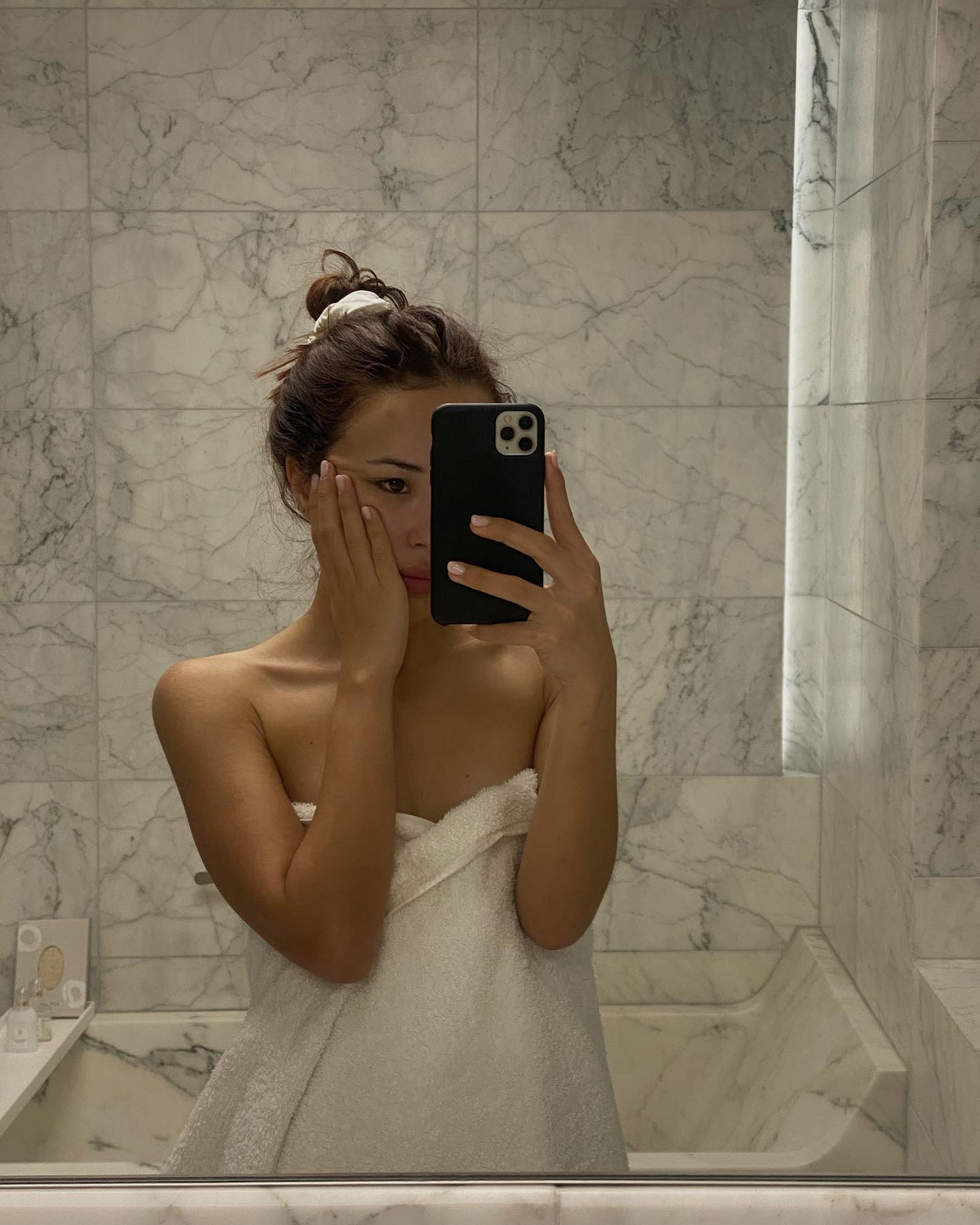
But firstly, what causes puffy eyes? Well, whether it's from dehydration, a lack of sleep, or a few too many glasses of wine the night before, there are actually a myriad of factors why you might wake up with puffy eyes that feel tight and itchy. But no matter the trigger, under-eye puffiness is generally caused by a build up of excess fluid. It's most noticeable in the morning because fluid builds up while we're sleeping (and not blinking it away) and since we're lying flat, this means it collects and gathers in the under-eye area. In addition, if you're dehydrated or you consumed high-salt foods, caffeine, or alcohol the night before, this can lead to dehydration—which again contributes to water retention.
The body's lymphatic system is responsible for removing excess fluid (which carries toxins and metabolic waste around the body), but when lymph circulation is overwhelmed or impaired, it can build up—resulting in swelling and puffiness. This puffiness is most noticeable in the eye area because the skin here is so thin, but it can also affect the entire face—personally I really notice it in my cheeks and jaw as well.
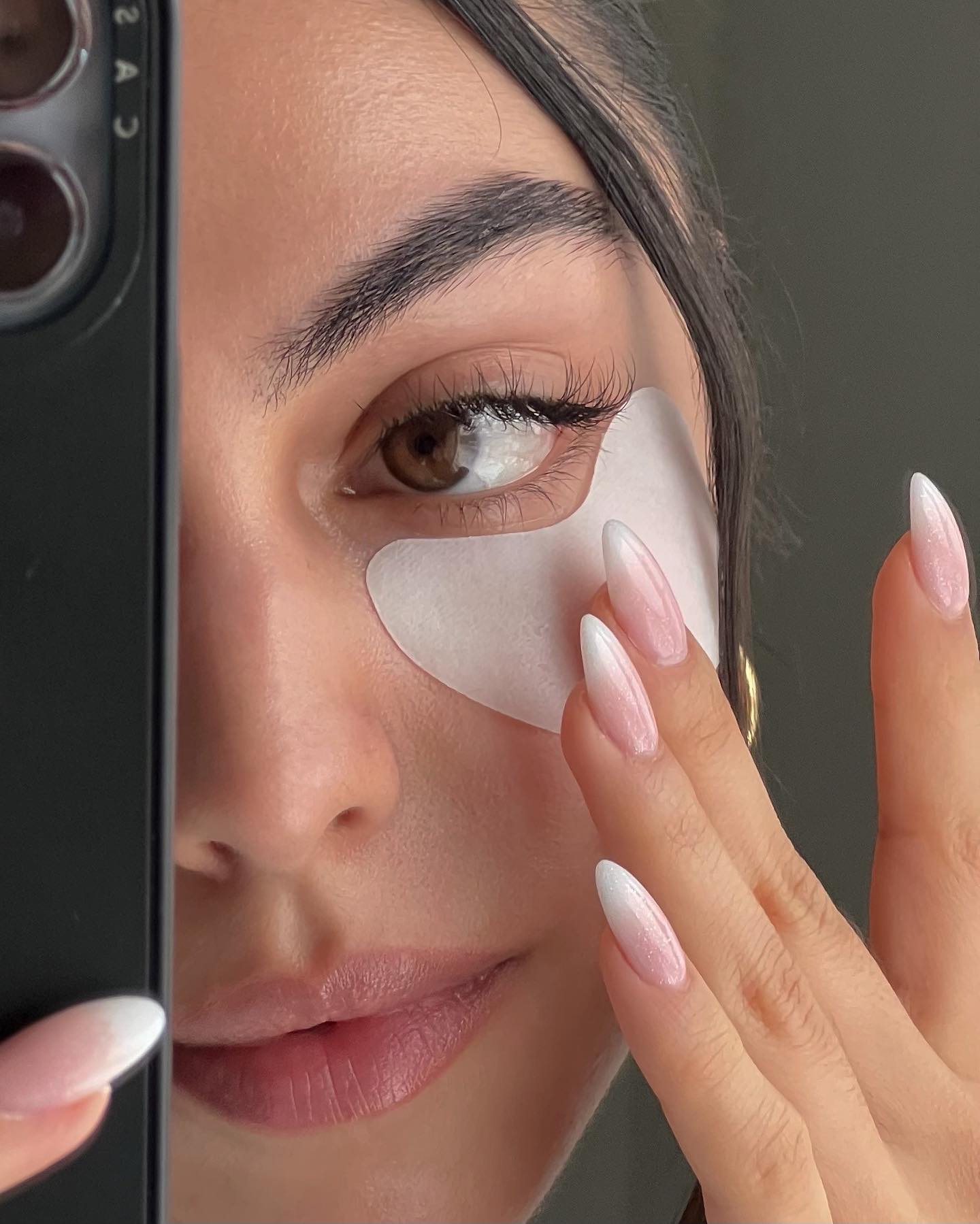
Now that you've had a brief explainer on what causes under-eye puffiness and the triggers that affect it, let's take a look at how to get rid of puffy eyes. Scroll down for my favourite depuffing hacks and products.
1. Lymphatic Drainage Eye Massage
There's a reason why models and celebrities have face massages before walking the red carpet or arriving at a photoshoot—it's one of the most effective ways to drain excess fluid and puffiness, which leaves your face looking lifted and sculpted. For the eye area in particular, a quick massage while you're applying your cleanser or eye cream can be extremely beneficial.
Use your ring fingers (they have the lightest pressure) and gently massage around your eyes, following the bones of your eye socket. Apply gentle pressure and work inwards on the top then outwards on the bottom, but don't allow your fingers to drag the skin. After a few minutes, focus on sweeping from the inner corner of your under-eyes to your temples, then down to below your ears in order to drain the fluid away.
Shop my hero products:
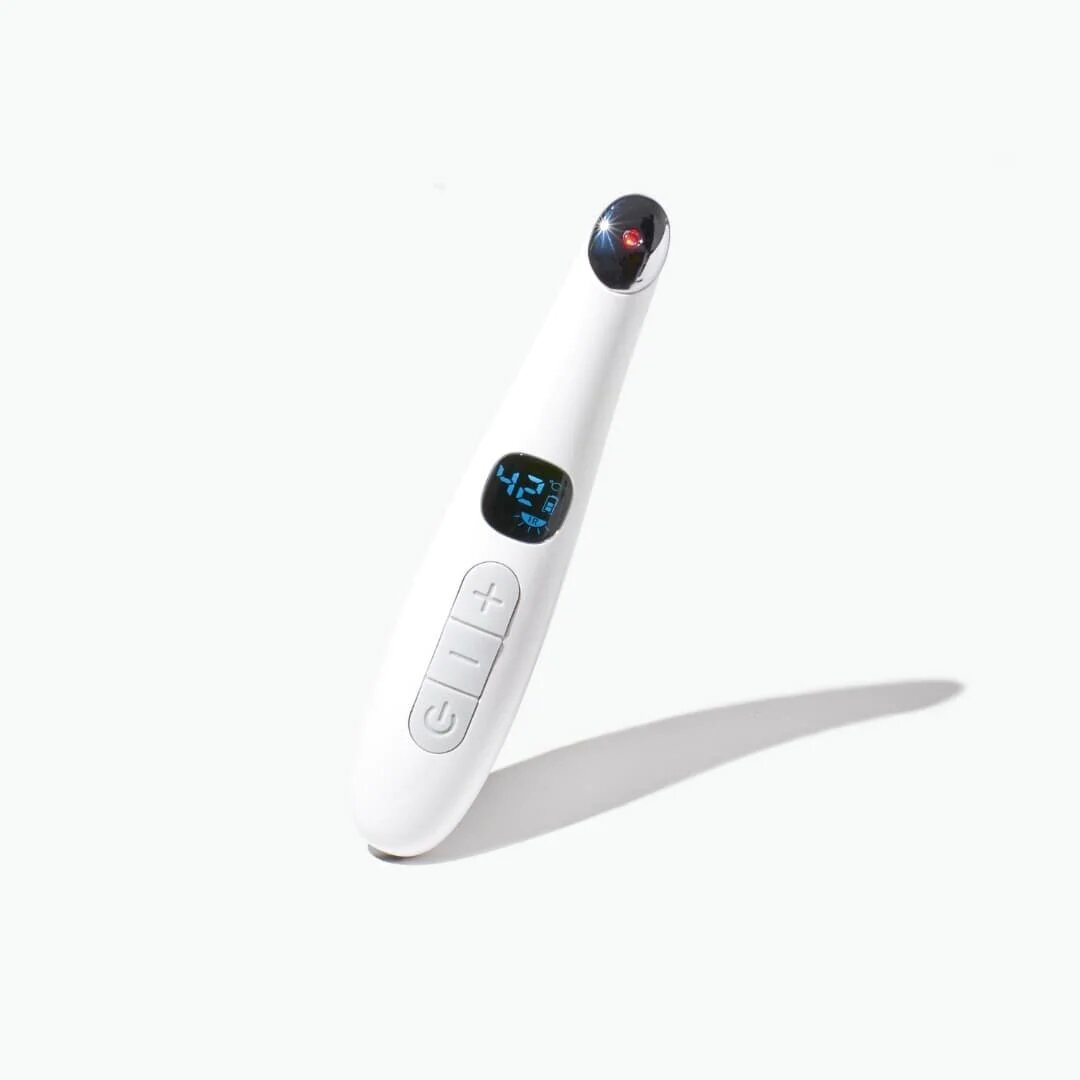
Heating up in just 60 seconds to a temperature of between 37 and 45 degrees celsius, this eye wand is the ultimate comforting treat for sore, puffy eyes. The heat helps to increase circulation, which when combined with gentle massage, takes a two-pronged approach to promoting lymphatic drainage.
2. Depuffing Eye Masks
If you're short for time and your morning routine is all about maximising efficiency in order to get more time in bed, I can totally relate. Depuffing eye masks and patches are always my go-to at times like these. You can stick them on while you're getting dressed or eating breakfast, and they'll work their magic in a matter of minutes. What's more, many can help with other eye-related concerns too, like brightening dark circles, smoothing fine lines, and even prepping skin for makeup to prevent creasing concealer.
Of course, not all eye masks are created equally. For reducing puffiness in particular look out for ingredients like seaweed, cucumber, green tea, and caffeine—all of which have proven benefits for reducing swelling and inflammation. And to make your eye patches work even harder, store them in the fridge for added cooling benefits.
Shop my hero products:
3. Stay Hydrated
If you're anything like me, then this one is easier said than done. The thing is, amongst its many skincare benefits, staying well hydrated is hugely beneficial for preventing puffy eyes from occurring in the first place. When your body is dehydrated, it stores water and this amplifies the effects of salt and alcohol upon your body. The NHS advises drinking six to eight glasses of fluid a day.
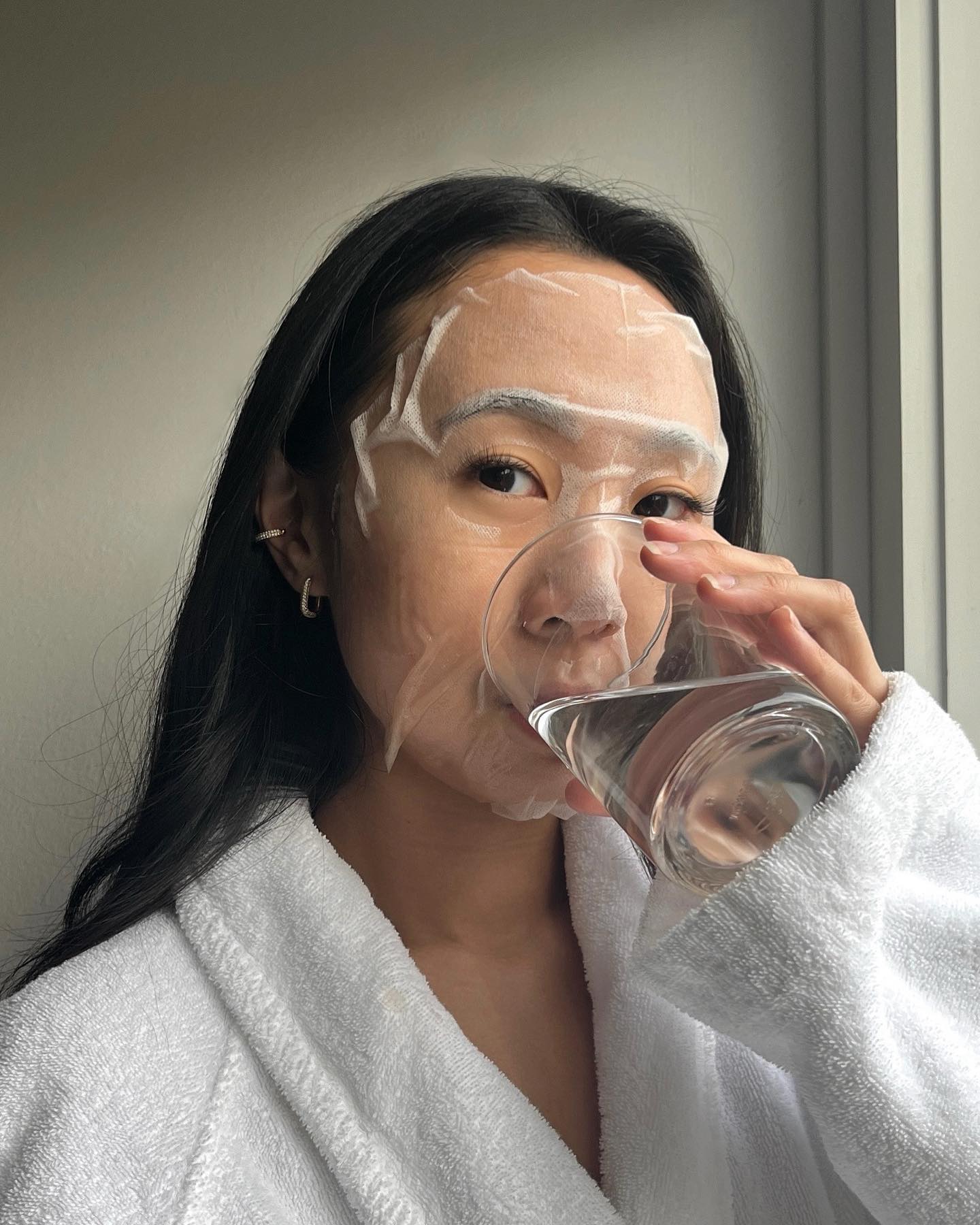
4. Chill Them Out
Ever heard of cryotherapy? This expert-approved technique sees cold temperatures used for their medical benefits—since cold reduces blood flow, it can in turn reduce inflammation and swelling. The same technique can be applied to facial skincare, and there are a plethora of skincare tools designed to be chilled in order to deliver cooling benefits to the skin.
You'll find that most beauty retailers stock everything from ice rollers and cryo-globes through to quartz masks and cooling gel sticks—but in a pinch, a frozen teaspoon will also work a treat. Just remember, the colder the temperature, the more you can depuff and sculpt facial tissue.
Shop my hero products:
5. Avoid Heavy Eye Creams
Eye creams can be a great solution for eye concerns like dry skin, fine lines, and crow's feet, but if you're prone to puffiness then thick cream formulas could actually be doing more harm than good. Due to their heavier textures, creams can deliver an excess of moisture which isn't easily drained away—leading to drainage blockage and puffiness.
For this reason, I much prefer using eye serums or a gel-based formula instead—and I also find they feel more cooling and soothing upon application as well.
Shop my hero products:
Next Up: 16 Underrated Eye Products That Actually Combat Puffiness, Dark Circles and More
Grace Day is a beauty editor and content creator. She has over 10 years of beauty-industry experience, spanning editorial, retail, and e-commerce, which gives her a unique understanding into how people shop for their beauty routines.
While studying for a history degree (specialising in the history of beauty) and working as a beauty adviser in department stores, Grace started writing her own beauty blog in order to share the products she discovered while dealing with acne. After graduating, she moved to Beauty Bay as beauty editor and content manager. Grace is currently a beauty contributor to Who What Wear. She has also written for Hypebae and PopSugar and works as a brand consultant and copywriter.
